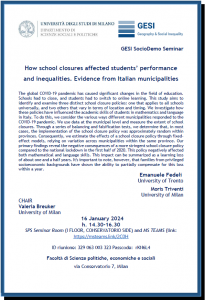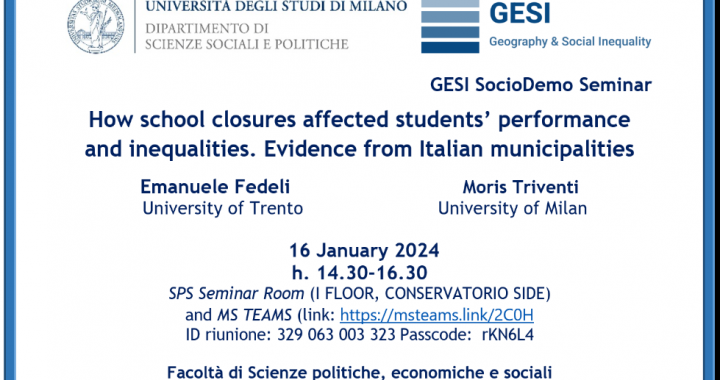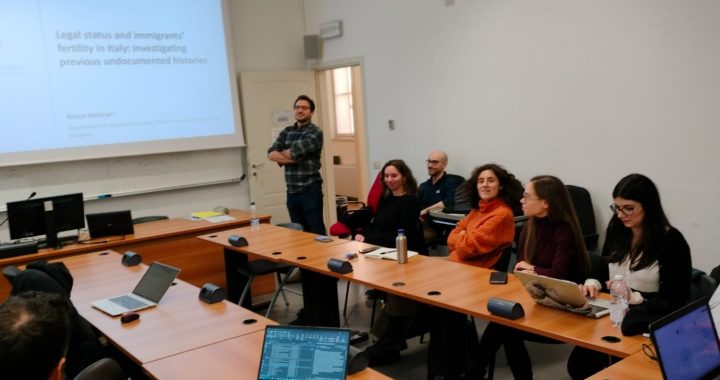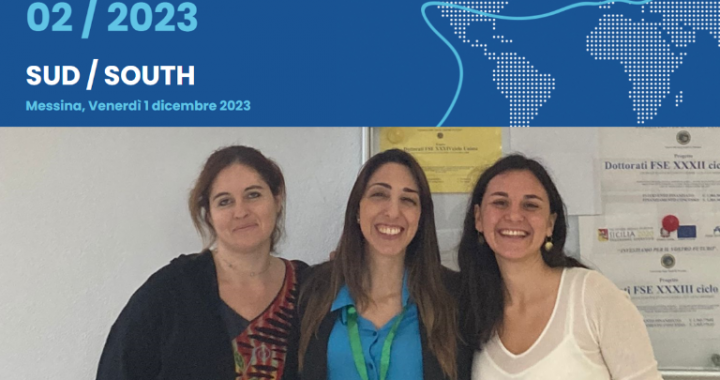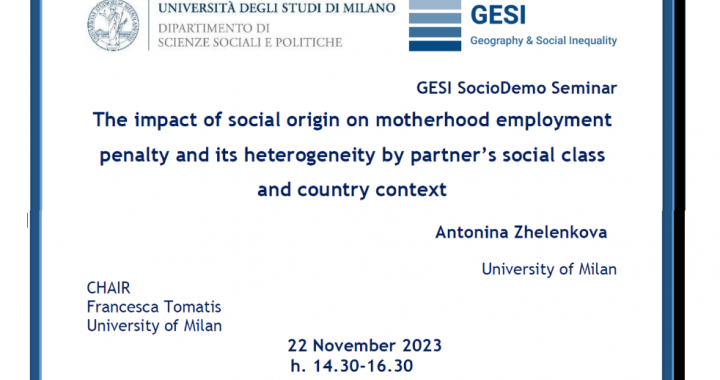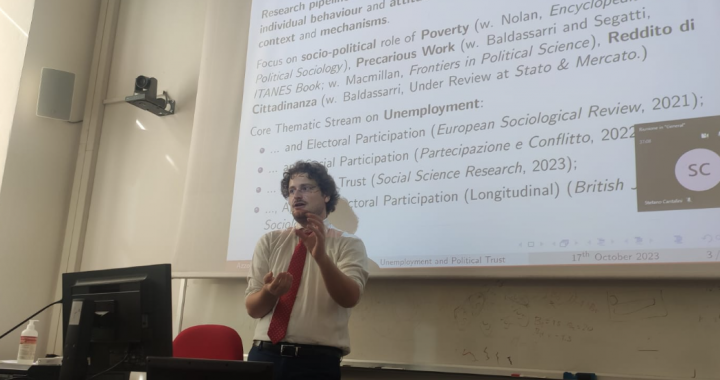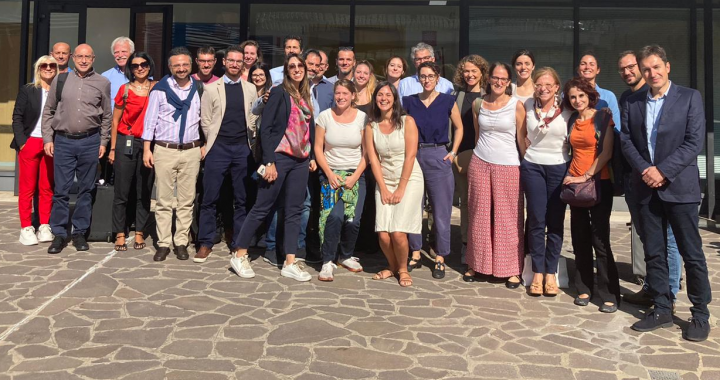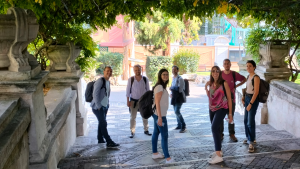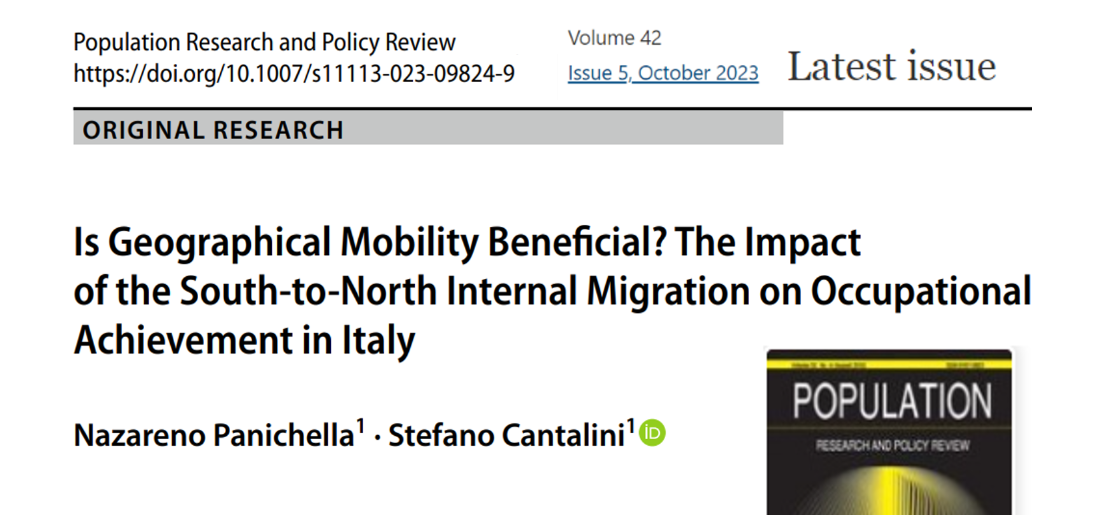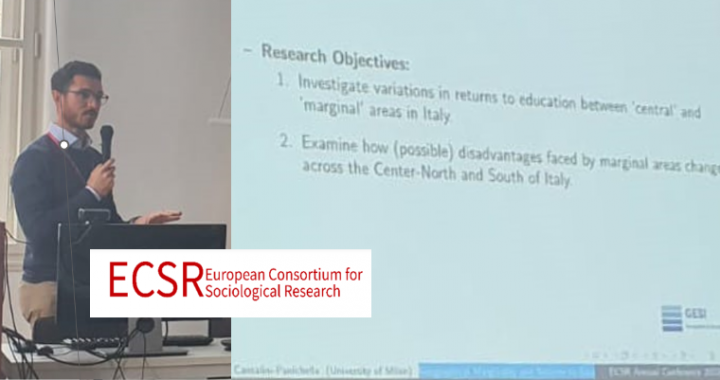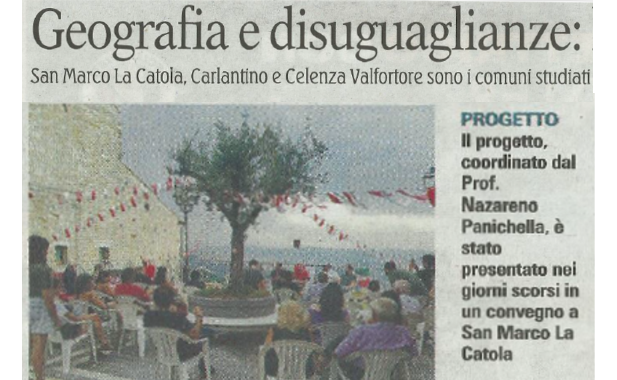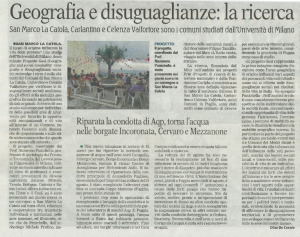We invite you at the 1st GESI SocioDemo Seminar of 2024, on Tuesday 16 January at 14:30. Emanuele Fedeli (University of Trento) will present his joint work with Moris Triventi (University of Milan) titled
How school closures affected students’ performance and inequalities. Evidence from Italian municipalities.
You can participate in presence or online.
Further details:
Tuesday 16 January 2024, h. 14.30-16.30
SPS Seminar Room (I FLOOR, CONSERVATORIO SIDE – via Conservatorio 7, Milan)
or
MS TEAMS: https://msteams.link/2C0H (ID riunione: 329 063 003 323 Passcode: rKN6L4)
Abstract
The global COVID-19 pandemic has caused significant changes in the field of education. Schools had to close, and students had to switch to online learning. This study aims to identify and examine three distinct school closure policies: one that applies to all schools universally, and two others that vary in terms of location and timing. We investigate how these policies have influenced the academic skills of students in mathematics and language in Italy. To do this, we consider the various ways different municipalities responded to the COVID-19 pandemic. We use data at the municipal level and measure the extent of school closures. Through a series of balancing and falsification tests, we determine that, in most cases, the implementation of the school closure policy was approximately random within provinces. Consequently, we estimate the effects of a school closure policy through fixed-effect models, relying on variation across municipalities within the same province. Our primary findings reveal the negative consequences of a more stringent school closure policy compared to the national lockdown in the first half of 2020. This policy negatively affected both mathematical and language skills. This impact can be summarized as a learning loss of about one and a half years. It’s important to note, however, that families from privileged socioeconomic backgrounds have shown the ability to partially compensate for this loss within a year.
